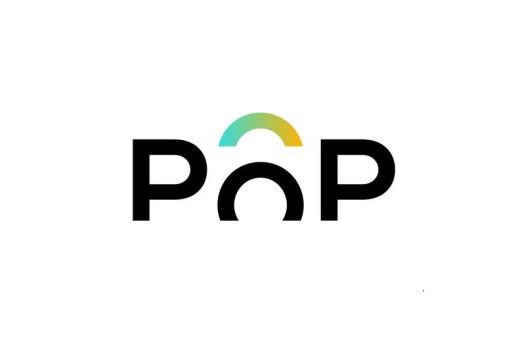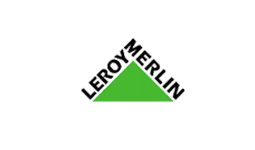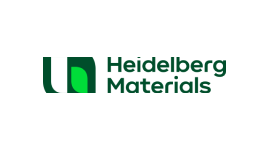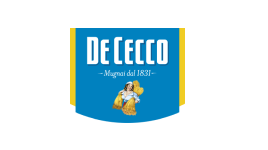Mandatory Electronic Invoicing in Portugal
Learn how to get your company ready to exchange documents in accordance with Portugal requirements with the support of Comarch
Learn how to get your company ready to exchange documents in accordance with Portugal requirements with the support of Comarch

In Portugal, electronic invoicing is mandatory for B2G transactions, but it is still optional for B2B transactions.


B2G e-invoicing is mandatory in for large entities as of January 2021. In order to transfer and receive B2G e-invoices, suppliers and direct public administration entities are connected to the ESPAP’s portal FE-AP, the gateway of the state to financial documents. The documents are being transferred through a secure online connection (web-service). Generally, invoices must contain a QR code as of January 1, 2022 (though the QR code may be bypassed for taxpayers using electronic data interchange (EDI). As of Jan 1, 2023, ATCUD number must be allocated by the tax authorities for batches of invoices prior to their issuance. PDFs are considered as e-invoices if issued by Dec 31, 2023.

Portugal intends to introduce mandatory SAF-T Accounting from 2027 (covering 2026) and from the same date e-signature requirement in PDFs will be introduced. On July 19, 2023, the Portuguese government informed through the eSPAP that the deadline for introducing the obligation to e-invoicing with public entities for other entrepreneurs is as follows: from January 1, 2026, an obligation for micro, small and medium-sized enterprises and for public authorities as cooperating entities will come into force.
In December 2023, the Portuguese Tax and Customs Authority decided to postpone introducing a requirement for the invoices in PDF format to feature the qualified electronic signature. The original plan was to oblige issuers to sign their invoices electronically on January 1, 2024. This, however, is being pushed back an entire year to January 1, 2026.
All resident taxpayers are required to submit the SAF-T reporting information on a monthly basis:

In B2G, e-invoicing became mandatory for large enterprises in 2022. As of January 2023, this obligation has applied to medium-sized, small, and micro-companies.
When it comes to B2B e-invoicing, Portugal is not planning an obligation because they have other ways to monitor VAT: QR codes, ATCUD codes (2023), SAF-T for invoicing (current) and soon SAF-T accounting from 2027 (covering 2026).
Comarch has signed several agreements with local providers to support B2B e-invoicing, which is not yet mandatory. Additionally, Comarch is connected to the governmental ESPAP platform for B2G transactions and can convert in-house formats to the required UBL 2.1/CIUS PT standard.


Storage period: 10 years.

For B2G: The standards UBL 2.1 CIUS-PT or CEFACT CIUS-PT are to be complied with.

For B2G:

We have 20+ years of experience in carrying out various EDI, e-invoicing, and other document exchange projects around the world. In those years, we have successfully connected more than 130,000 entities from over 60 countries.
Full compliance with the latest data exchange regulations and modern data transfer standards
Applying new technologies and IT solutions in order to streamline workflows and automate activities and procedures
Tailor-made solutions based on processes specific to each company – own road map and a suitable pace of changes
Highest level of security for all sensitive and important company data
If your company is based or has branches in the Portugal and you need to prepare your billing and tax systems to comply with the new requirements. Click on the button below to get in touch with one of our experts.
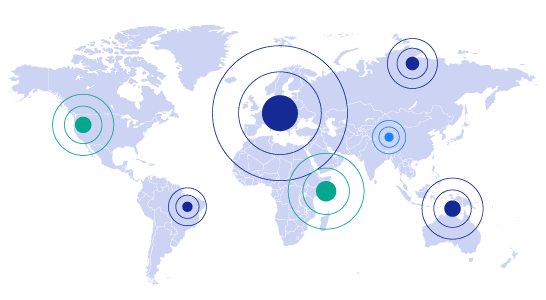
Make sure your business meets international standards with the Comarch e-Invoicing platform, trusted in more than 60 countries. Enjoy hassle-free integration and continuous compliance updates.
